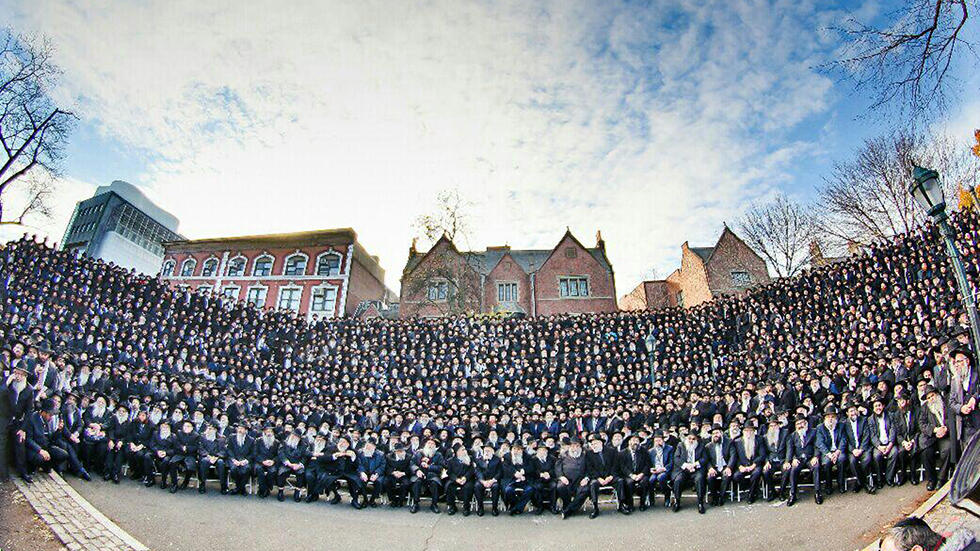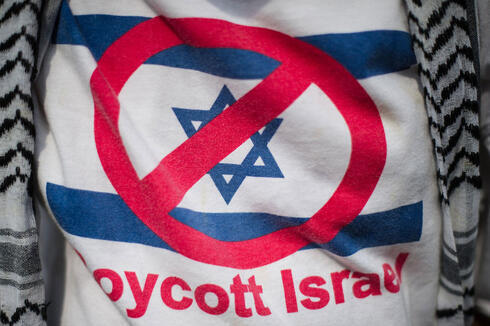Getting your Trinity Audio player ready...
On the week that Doron Almog assumes his role at the head of the Jewish Agency, it is time to observe the trends that would affect the future of the Jewish people in the diaspora.
On the one hand this is one of the best times: Jews living in the diaspora enjoy social and economic security and antisemitism, although on the rise, is far from what it was in the past.
On the other hand, Jewish communities are impacted by polarization, with the centrist positions weakening and the ideological extremes - gaining strength. This is a threat to the cohesiveness of the next generation of the Jewish people.
In 15 years-time, the ultra-Orthodox will account for a quarter of the world's Jewish population. Haredi's double in number every 20 years, while the general Jewish population takes 300 years to multiply.
This enormous growth poses a challenge. As a small group, the Haredi communities' need to segregate themselves, was not a problem. But as a quarter of the entire Jewish body, such segregation could have strategic consequences.
However, should the ultra-Orthodox chose to no longer live separately and decide to join in responsibilities, with the rest of the Jewish world as full participants, a different problem could arise because their needs and desires, are far removed from those of non-Orthodox Jews.
What values will be promoted by such a united community and what future would it aim for? Could it lead to strife and a cultural war, within the Jewish world?
On the other extreme are the progressive Jews. Most Jewish Americans support the Democratic Party and some 70% of them, are supporters of Israel. But among the younger American Jews under the age of 30, only half say identify themselves as connected to Israel on an emotional level.
This is most evident in university campuses and even more so, in the ivy league schools where students feel they must not reveal themselves as Zionists because Zionism is equated to racism, as the result of increasing progressive propaganda.
Only 27% of young Jews strongly oppose the Boycott Divest Sanction movement. The attachment to Israel among the younger Jews is weakening and they are also increasingly distant from their faith. Some 35% say they would not be concerned if their grandchildren were no longer Jewish.
The emerging picture paints a polarization in the Jewish people with the Haredi anti-liberal side increasing in numbers and strength and the progressive, ultra-liberal side gaining force among young Jews. As those two groups continue to grow, the common thread uniting all Jews, will be compromised to such an extent that the Jewish People as a concept, may be no more.
A strategy to design the future of the Jewish people is required. President Issac Herzog could lead such an initiative together with Almog at the head of the Jewish agency and with the participation of the minister of the Diaspora.
The future of the small Jewish nation must not be neglected, with half living outside Israel.
The Nation State Bill which was passed in 2018, states that the ties between Israel and the Jewish world must be preserved and those words must go beyond ceremonial platitudes.
It is Israel's responsibility, under its commitment to be the nation state of all Jews.




